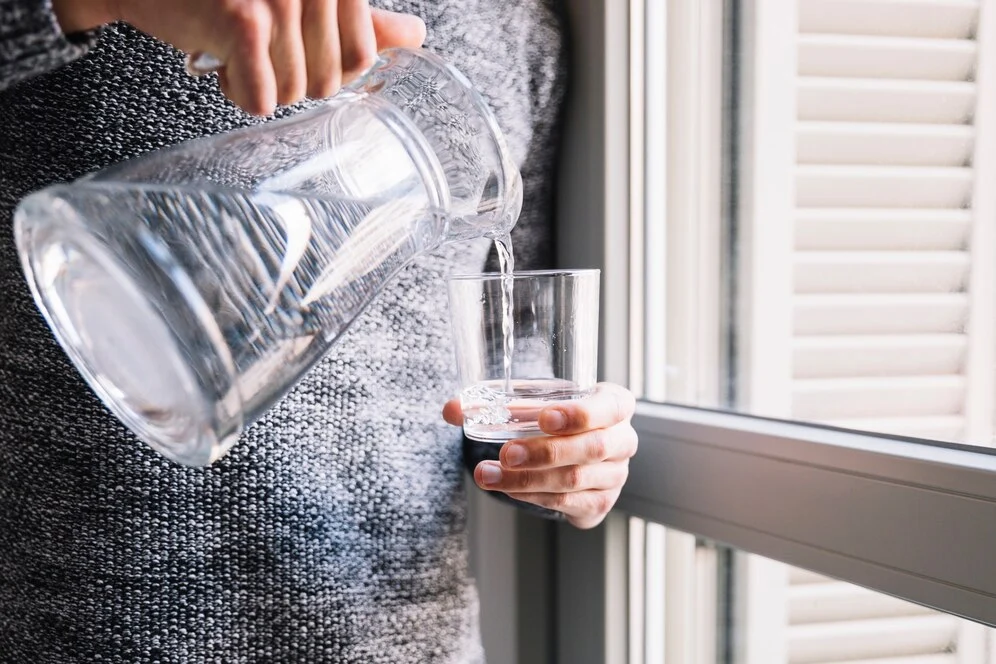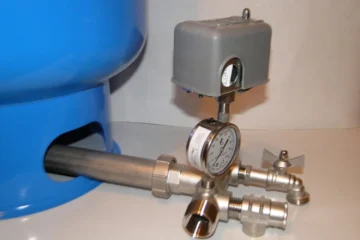Well water is a valuable resource for many people in rural areas. Generally, well water is safe to drink, but sometimes well water is contaminated with harmful microorganisms such as faecal coliform, E. coli bacteria, or other harmful germs. Boiling water is a common method to make water safe for drinking.
In this article, We’ll explore the safety of well water and effective ways of boiling water in ensuring its drink ability.
Is Well Water Safe to Drink If I Boil it?
Yes, It’s safe to drink well water after boiling. Boiling water is an effective method to kill harmful microorganisms such as bacteria, viruses, and parasites, and make water for consumption. This method doesn’t remove harmful chemicals or inorganic materials.
It’s an effective way to test the quality of your well water and consider alternative treatment.
Advantages of Boiling Well Water
There are the following advantages of boiling well water:
1. Accessibility
Boiling water requires minimal equipment and an affordable option for purification of water. It is a low-cost option that doesn’t require specific tools.
2. Pathogen Removal
Boiling water is an effective way to eliminate the most harmful bacteria, viruses, and parasites that may present in well water.
3. Removal of Chemicals
Boiling helps to reduce certain volatile chemical contaminants that evaporate with the steam.
4. Natural Taste
Boiling removes impurities that can affect its taste and odour. Boiled water gives a natural taste to your food that’s cooked in boiled water.
5. Cost Effective
Boiling is a cost-effective method to purify Well water as compared to expensive equipment.
Limitations of Boiling Well Water
Boiling water provides many benefits, but it also has some limitations. It may not remove all potentiation contaminants such as a few harmful chemicals, bacteria, or parasites. A few limitation of boiling water is given below:
1. Chemicals
Boiling water is effective in killing bacteria, or parasites, but it doesn’t remove all chemicals, non-volatile substances, or heavy materials. That’s very harmful to your health.
2. Oxygen Level
Boiling water can remove some dissolved oxygen, which gives a flat taste.
3. Remove Minerals
Boiling water can also remove some beneficial minerals, that are naturally present in water.
4. Energy Waste
Boiling requires a heat source, which may involve energy consumption. In situations where fuel or electricity is scarce, boiling may not be a cost-effective option.
5. Time Consumption
Boiling water is a time-consuming method, especially when you are boiling water in large quantities.
Conclusion
Generally, boiling water is a safe and effective method to eliminate harmful microorganisms to make water safe for consumption. This process has several advantages such as pathogen removal, improvement of taste, and cost-effectiveness. However, It’s important to note that boiling water has a few limitations. It may not remove all potential contaminants, including certain chemicals, non-volatile substances, or heavy materials. In addition, boiling water may also remove some dissolved oxygen or beneficial minerals. Therefore, to remove the risk of health problems, I recommend considering an alternative water treatment method to remove impurities in the water.
FAQs
Is well water safe for cooking?
Yes, well water is safe for cooking because some harmful microorganisms are removed while cooking at high temperatures.
Is well water safe to use without treatment?
Yes, it’s safe to drink well water without treatment, you should test your well water for contaminants like bacteria, minerals, or chemicals.
How long should I boil well water?
You should not boil water for more than 1 minute, because it may remove some essential minerals.
Can boiling remove the bad taste and odour of well water?
Yes, boiling well water removes bad taste and odour, but it may not address all causes, depending on water quality.
What contaminants are commonly found in well water?
Well water may contain bacteria, viruses, parasites, and contaminants like nitrates, arsenic, or lead.






[…] Well water is directly obtained from underground water sources, typically extracted by drilling beneath the earth surface. The composition of well water is different in different areas based on the geological feature. […]
[…] a result, the composition of well water can vary widely based on geological factors, location, and environmental […]
[…] quick action. Understanding the possible reasons and using the right solutions can make sure your water stays safe, clean, and without any bad […]